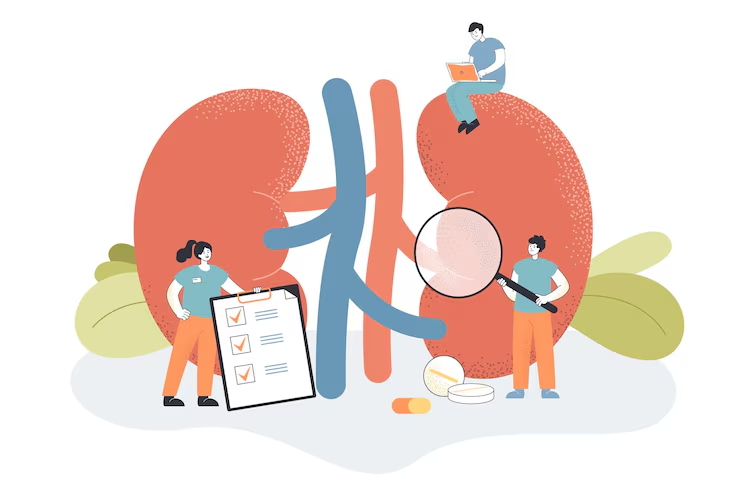Welcome to the Ureterovesical Junction quiz! This quiz will test your knowledge of the connection point between the ureter and the bladder. Do you know how urine travels from the kidney to the bladder? Let’s find out!
The ureterovesical junction is a crucial component of the urinary system that helps regulate the flow of urine. Understanding how this junction functions is essential for maintaining optimal kidney and bladder health. So, get ready to dive into the world of urology and test your knowledge on this critical aspect of the body!
Play Ureterovesical Junction Quiz
Instructions
- This quiz is multiple choice.
- Read each question carefully before selecting an answer.
- Choose the best answer for each question.
- You will see the missed questions with correct answers at the end of the quiz.
Quick Facts
- The point where the ureter meets the bladder is an important connection in the body.
- Urine flows from the kidneys through the ureters and into the bladder at this spot.
- A healthy ureterovesical junction ensures proper functioning of the urinary system.
- Issues at the ureterovesical junction can lead to problems with urination and kidney function.
- Doctors may use imaging tests to check the condition of the ureterovesical junction.
- Blockages or abnormalities at this junction can cause pain and discomfort.
- Surgery may be needed to correct problems at the ureterovesical junction.
- Proper hydration can help maintain the health of the ureterovesical junction.
- Infections can sometimes occur at the ureterovesical junction, leading to urinary tract infections.
- Regular check-ups with a healthcare provider can help monitor the health of the ureterovesical junction.
Downloads
Study Tips
- Create a study schedule and stick to it.
- Find a quiet and comfortable study environment.
- Remove distractions such as phones and social media.
- Take breaks every 25-30 minutes to avoid burnout.
- Use active studying techniques like summarizing, highlighting, and teaching concepts to someone else.
- Practice retrieval by testing yourself with flashcards or practice quizzes.
- Stay organized with notes, study guides, and resources.
- Stay hydrated and eat brain-boosting foods like fruits, nuts, and whole grains.
- Get enough sleep to improve memory retention and cognitive function.
- Reward yourself for reaching study goals to stay motivated.
